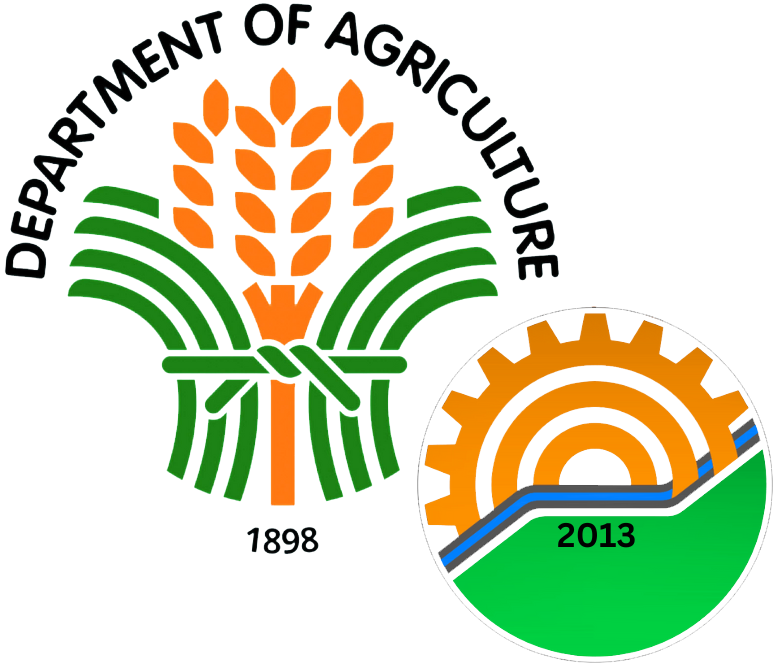
To develop a comprehensive master plan for the agricultural machinery manufacturing industry in the Philippines, the Department of Agriculture – Bureau of Agricultural and Fisheries Engineering (DA-BAFE) convened stakeholders from the private sector, members of the Agricultural Machinery Manufacturers and Distributors Association Foundation, Inc. (AMMDA), regional agricultural engineers, partners from the academe, and representatives from government agencies on the 1st Stakeholders Online Meeting for the project, “Roadmap to Transform the Philippine Agricultural Machinery Manufacturing into a Competitive, Productive, Innovative and Sustainable Industry.”
DA-BAFE Assistant Director Juana T. Tapel urged participants in the meeting held on March 25, 2021 to share their “valuable inputs to come up with framework, strategies and directions to have a sustainable and competitive local agri-fishery machinery manufacturing assembly and distribution in the country.”
DA-BAFE has funded the project aimed to formulate a road map that would transform the local agricultural machinery manufacturing into a competitive, productive, innovative, and sustainable industry. The said project, named Local Agricultural Machinery Assembly Manufacturing in the Philippines (LAMMP) Roadmap Project, is implemented by the Center for Agri-Fisheries and Biosystems Mechanization (BIOMECH) College of Engineering and Agro-industrial Technology (CEAT) at the University of the Philippines – Los Banos (UPLB).
A parallel study is being conducted by the Cavite State University on the feasibility of establishing an agri-fishery machinery manufacturing, assembly, and exhibition center at the New Clark City. The study is simultaneously done with the UPLB BIOMECH to provide stakeholders with concrete and comprehensive references on the directions, strategies, and computations on financial and environmental viability. Asst. Dir. Tapel encouraged the stakeholders to provide honest inputs on both studies and to agree on a mutual goal to develop a local manufacturing of farm machinery, a long-time clamor of the private sector.
DA-BAFE has allocated funds to push forward these studies that would serve as the concrete basis of the local agricultural machinery manufacturing industry. “With all your support, we have to act together and cooperate so the Philippines can catch up with our neighboring countries,” said Asst. Dir. Tapel. She solicited the opinions, visions, and recommendations of the participants on what needs to be done to create the two important documents (road map and feasibility study) that would serve as a guide in advancing the local agricultural machinery manufacturing industry.
Dr. Victor Rodulfo Jr., Study Leader of LAMMP Project, stated that eight years have passed since the AFMech Law was enacted (in 2013) and the industry is just taking off. AFMech Law started with no mention of budget. The clamor during that time was to enact a law on agricultural mechanization of which an important component is the agricultural machinery manufacturing industry. Funds were obtained from the internal budget of PhilMech, PCAF, and other DA agencies. PCAF funded the Policy Study for the Local Assembly of Single Cylinder Engine. PhilMech, which served as interim BAFE, initially played an important role in financing national consultations of which a major component is the local agricultural machinery manufacturing.
The easiest way for research institutions like the BIOMECH UPLB in promoting their research is through the agricultural machinery manufacturers, distributors, and dealers who will serve as conduits of research. “Our common goal is to make farm machinery and mechanization technologies available so I expect your full participation in crafting this road map,” said Dr. Rodulfo.
Engr. Janice P. Vargas, Chief of the Standards Regulation and Enforcement Division (SRED), presented the status and updates of the local agricultural machinery manufacturing industry based on the National Agricultural and Fishery Mechanization Program (NAFMP) 2017-2022. The legal basis of the LAMMP project is Section 15 of AFMech Law which states that “production of locally-made engines and other machinery for agricultural and fisheries purposes shall be promoted and encouraged by the DA in partnership with the private sector,” she explained.
Dr. Maria Victoria L. Larona, Project Leader of the LAMMP project, thanked DA-BAFE for funding the joint project and the project stakeholders who participated in the first stakeholders’ meeting.
Mechanization has become a major national policy in agricultural development. For the past decades, a significant amount of government funds have been invested in agricultural mechanization. However, there is a significant reliance on imported components specifically in power units, based on the output of DA-PCAF policy study on the potential of local manufacture of single-cylinder engines (SCEs). An industry-wide road map is necessary to strengthen the local assembly and machinery manufacturing industry for agricultural development. “We would like the road map to be adopted as a major plan for the industry,” Dr. Larona said.
The road map will be implemented by phases indicating the outputs, timelines, and accountable stakeholders in each phase. The phases are the development of the pre-establishment phase, development of the production phase of the road map, development of technology and manufacturing transfer mechanisms for the agricultural manufacturing industry road map, and the development of advanced technology and expansion of the industry road map.###Marshall Louie Asis, DA-BAFE (Published on March 29, 2021)
















